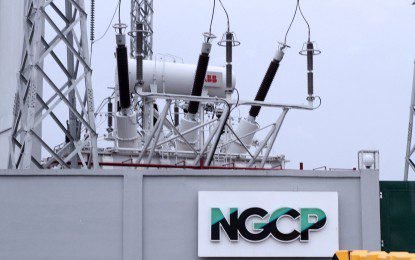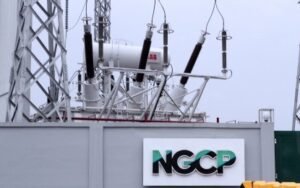President Ferdinand Marcos Jr. and Trade and Industry Secretary Fred Pascual, together with other members of the Philippine delegation, welcomed on Monday, 1 May 2023, the cooperation agreement signed between Integrated Micro-Electronics, Inc. (IMI) and Zero Motorcycles, a global leader in electric motorcycles and powertrains.
As one of the proponents of the country’s transition to electric vehicles and the use of green technology, Secretary Pascual said that, “We thank Zero Motorcycles for their trust. This is considered a historic agreement because it is a pioneering activity involving high-end electric batteries, motors and motorcycle assembly. With this investment, we will be better positioned as an export manufacturing hub for electric batteries and vehicles in the region. This partnership between IMI and Zero Motors is a testament to the expertise and capabilities of our local manufacturing sector.”
Through the said agreement, Zero Motorcycles has agreed to subcontract its manufacturing operations vis-a-vis electric motorcycle assembly and other related sub-assemblies, such as battery and motor assembly, to IMI. The agreement projects an annual revenue of USD65 million and investments of USD250 million over the next 5 years. In addition, this venture will generate at least 200 new jobs for Filipinos in high end and high performance motorcycle manufacturing.
Under the terms and conditions of the agreement, IMI is expected to provide the needed manufacturing facility in the Philippines. Currently, IMI’s headquarters is located in Biñan, Laguna, where they operate as an original equipment manufacturer (OEM) in diversified sectors that include automotive, industrial, medical, telecommunications infrastructure, storage devices, and consumer electronics.
Zero Motorcycles and IMI have agreed on a preliminary timetable with the goal of starting mass production by June 2023. The IMI-ZERO facility that will be set up in Laguna will be assembling full electric motorcycles for Zero’s Europe, Asia, and other markets.
With the enactment of the Electric Vehicle Industry Development Act (EVIDA), the government, through the Board of Investments (BOI), an Investment Promotion Agency (IPA) under the DTI, aims to narrow the cost gap between traditional vehicles and EVs to increase market demand. Further, the law provides for the creation of the Electric Vehicle Incentive Strategy (EVIS) that will provide more incentives for EV-related investments to help establish an enabling environment for the said sector. (DTI-Region 3)














